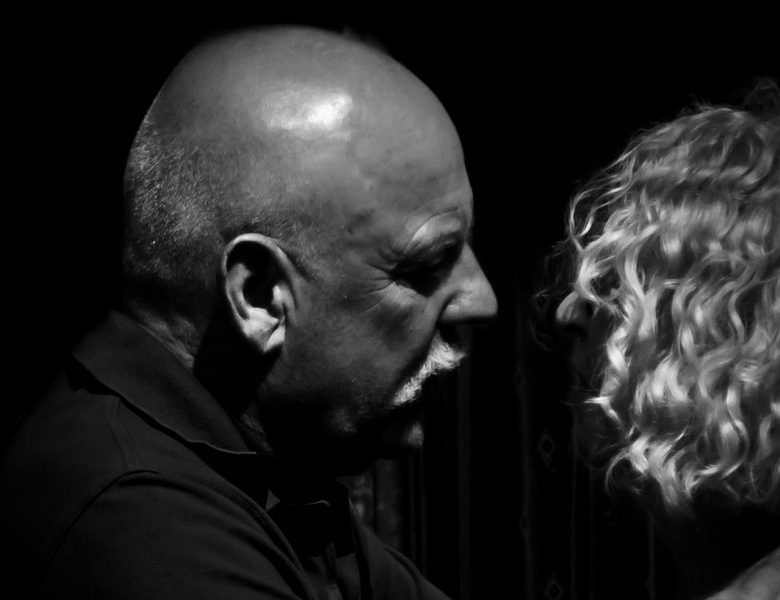The state didn’t take her child at the border. It took her in a family courtroom lined with flags, in the heart of a system that claims to protect but too often punishes.
No sirens. No cuffs. Just a gavel, a man in a tie who said her fear didn’t matter, and a visitation order that sent her daughter back to the man who broke her jaw.
To a reader outside of the United States of America, this might sound like a miscarriage of justice, an exception. But in the United States, this is routine. The U.S. family court system operates with enormous judicial discretion, often with sealed records, minimal oversight, and a growing reliance on discredited psychological theories. Across the country, courts are weaponizing outdated ideas and deeply embedded misogyny to punish protective mothers and return children to men they’ve accused of abuse.
In legal filings, it’s often labeled “parental alienation.” In practice, it’s state-sanctioned coercive control.
Parental Alienation is the New Witchcraft Accusation
Coined in the 1980s by Dr. Richard Gardner,a psychiatrist with ties to disturbing theories about adult-child relationships,”Parental Alienation Syndrome” was never accepted by the American Psychological Association or listed in the DSM (Diagnostic and Statistical Manual of Mental Disorders). Yet courts across the U.S. continue to cite it as if it were settled science.
“Parental alienation has become the go-to excuse for judges to dismiss credible abuse claims and give custody to dangerous parents,” says Professor Joan Meier of George Washington University Law School. Her 2020 study found that mothers lose custody in nearly 28% of cases when they report abuse. That number jumps to over 50% when both child and partner abuse are disclosed.
In Tennessee, a mother who requested anonymity to protect her child’s identity was held in contempt after refusing to send her daughter to overnight visits with a father who had been charged with assault. The court accused her of manipulation.
When the Abuser Has More Rights Than the Child
Once abuse allegations surface, family courts often reframe the protective parent as the problem. Judges lean on Guardians ad Litem and custody evaluators, many of whom lack trauma-informed training. Some are openly hostile to it.
Reunification therapy is increasingly ordered, forcing the abused parent and children into sessions with estranged, often abusive, parents. In one California case, a 12-year-old boy was forcibly removed from his mother’s home and placed in a reunification camp in Texas after disclosing sexual abuse. The mother has since filed a federal civil rights complaint.
Behind these cases lies a dangerous assumption: that a mother reporting abuse must be exaggerating or mentally unstable. It mirrors a long history of discrediting women through psychiatric framing.
In a 2023 interview with PBS, Professor Meier noted, “Family courts tend to pathologize women who resist abusive arrangements, while giving abusive fathers the benefit of the doubt, often based on outdated notions of maternal instability and paternal entitlement.”

Due Process,But for Whom?
Family court is not a criminal court, but its decisions can be just as life-altering,and far less accountable. Fathers accused of abuse are often granted the presumption of innocence. Protective mothers, by contrast, are subjected to invasive evaluations, psychological assessments, and cross-examinations that frame their fear as instability.
Meier’s research highlights that protective parents, especially mothers, are frequently denied due process. “There’s an enormous imbalance in how courts scrutinize the reporting parent versus the accused parent. It’s a civil system with a criminal-level burden placed on survivors,” she said in a 2020 press briefing.
In many cases, the mother has to prove the abuse occurred beyond a shadow of a doubt, despite the civil burden of proof technically being “preponderance of the evidence.” Meanwhile, fathers often face no consequences for ignoring court orders, missing child support payments, or failing to attend therapy. Their rights are protected. Hers are conditional.
Legal advocates point to the lack of transparency in family court. Most proceedings are sealed, transcripts are costly or inaccessible, and appellate options are limited. Barry Goldstein, author of The Quincy Solution, argues, “When courts get it wrong, there’s no accountability. That’s not due process, it’s institutional gaslighting.”
Reform is Not Coming Fast Enough
Congress passed Kayden’s Law in 2022 as part of the Violence Against Women Act reauthorization. It incentivizes states to prioritize child safety in custody decisions. But implementation is scattershot, and resistance is fierce.
Father’s rights groups, some with deep-pocketed backers, have launched lobbying efforts to stop court reform bills. Meanwhile, protective mothers face gag orders, jail threats, and sometimes complete loss of custody.
“We need court watchers, trauma experts on the bench, and accountability for evaluators who get it wrong,” says Kathleen Russell of the Center for Judicial Excellence, in a 2022 Congressional hearing.
Until then, the list of the dead and traumatized keeps growing.
They were never just protective parents.
They were witnesses.
They were warriors.
And the state made them criminals for that.





